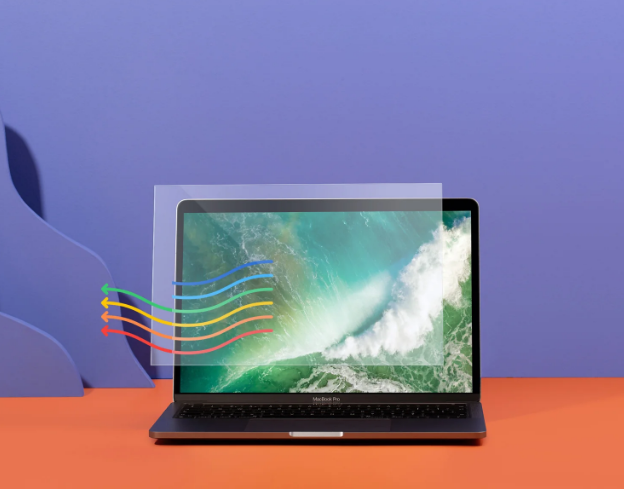In the realm of eyewear, sunglasses have etched a notable place. Predominantly used for protection against harmful ultraviolet (UV) rays, sunglasses also serve as an iconic fashion statement. But do these stylish shades block blue light as well? Let's dive into that.
Blue light is part of the visible light spectrum, with a wavelength between 380 nm and 500 nm. While blue light from natural sources like the sun contributes to our well-being, excessive exposure from artificial sources such as digital screens can have adverse effects. These effects range from digital eye strain to the disruption of our sleep cycle.
In response to this rising concern, blue light blocking glasses have taken the market by storm. But where do sunglasses fit in this scenario? Sunglasses primarily protect our eyes from UV rays, not specifically designed to filter out blue light. Some sunglasses can block a portion of blue light, but not to the extent that specialized blue light blocking glasses can.

A better solution lies with technology itself. For instance, digital devices now come with inbuilt blue light filters. A classic example is the macbook blue light filter. This feature reduces the emission of blue light from the Macbook screen, making prolonged usage less straining for the eyes. This filter is an excellent way for Macbook users to ensure their eyes receive less exposure to harmful blue light.
In conclusion, while sunglasses may offer some level of protection against blue light, they don't match the efficiency of specialized blue light blocking glasses or technological solutions like the Macbook Blue Light Filter. If you find yourself frequently in front of a screen, consider using specific blue light blocking glasses or enabling blue light filtering features on your device for optimal protection.